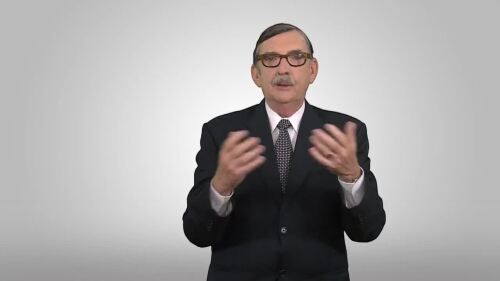Our agencies exist to help those in need. But sometimes our jobs can be quite challenging. Is your agency projecting professionalism in every aspect of your operations? Do your personnel take pride in the uniform? Do they carry themselves with confidence as they handle calls for service? Do they have empathy for those they come in contact with? What about off-duty conduct? Is it beyond reproach?
Even though we have grand intentions, the public may see us in a different light. Sometimes we hear about efforts to defund the police or slash public safety budgets. You may argue that public perception sometimes reflects a false narrative. But let’s face it folks. Reputation matters. In this day and age, you better have a plan to illustrate your agency’s commitment to excellence.
Maybe it’s departmental accreditation. Aligning your operations with unbiased best practice standards. It could involve a rebranding of your agency. New departmental or vehicle graphics. Or even an updated uniform and appearance standards. It might also involve doing a better job of recruiting members who more closely reflect your community’s demographics.
Whatever route your agency chooses, make sure you get out in front of negative PR. Be vocal about agency accomplishments. Show your personnel doing things that serve the public good. Think about how you can improve your image through social media. Maybe work closer with local media and elected representatives.
Don’t take your public image for granted. And, don’t let your agency get caught up in some type of false narrative. Even if you’ve had some negative publicity. Work hard to improve your agency’s reputation. Prove your commitment to public service each and every day.
And that’s Today’s Tip from Lexipol. Gordon Graham signing off.















